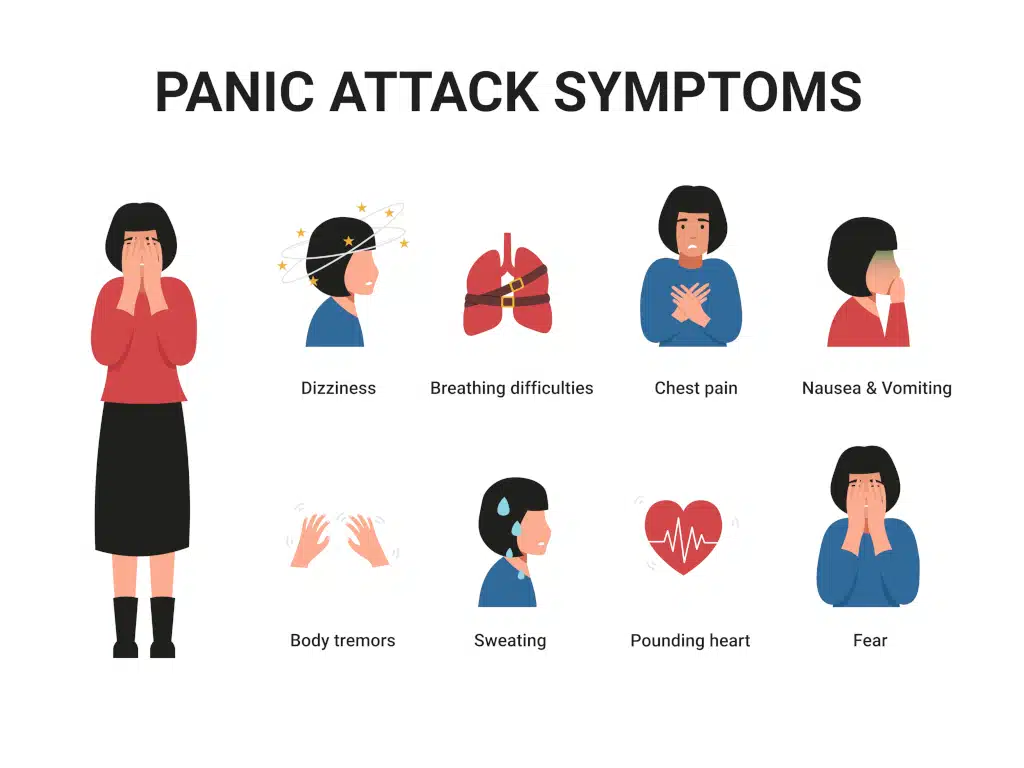Unveil Yourself with the Myers Briggs Personality Test
As humans, we are inherently curious about understanding ourselves better, and the Myers-Briggs test provides a framework to explore our unique personality traits and preferences.
With the convenience of online testing, you can embark on this self-reflective journey from the comfort of your own home.
By gaining a deeper understanding of your personality, you can uncover your strengths and areas for improvement, which can be invaluable in both your personal and professional life. The online Myers-Briggs test has gained popularity due to its accessibility and the potential for self-discovery it offers.
Understanding the Myers-Briggs Type Indicator
The Myers-Briggs Type Indicator (MBTI) is a widely used personality assessment tool that provides insights into an individual’s personality traits and cognitive functions. Developed by Katherine Briggs and her daughter Isabel Myers, the MBTI is based on Carl Jung’s theory of psychological types.
The MBTI categorizes individuals into 16 different personality types, each determined by four dichotomies – Introversion/Extraversion, Sensing/Intuition, Thinking/Feeling, and Judging/Perceiving. These dichotomies represent preferences in how individuals perceive the world and make decisions.
Cognitive functions play a crucial role in the MBTI, influencing an individual’s preferred way of thinking, processing information, and making decisions. There are eight cognitive functions, organized into four pairs – Extraverted Thinking (Te), Introverted Thinking (Ti), Extraverted Feeling (Fe), Introverted Feeling (Fi), Extraverted Sensing (Se), Introverted Sensing (Si), Extraverted Intuition (Ne), and Introverted Intuition (Ni).
By understanding their MBTI personality type and cognitive functions, individuals can gain insights into their strengths, weaknesses, and preferred ways of interacting with the world. This self-awareness can be valuable in personal growth, career development, and building successful relationships.
The Popularity of the Myers-Briggs Personality Test in Modern Psychology
The Myers-Briggs Type Indicator (MBTI) has gained immense popularity in modern psychology, becoming one of the most widely used personality assessment tools. Its influence extends across various sectors, including education, business, and counseling, where professionals and individuals alike recognize its value in understanding and analyzing personality traits.
The Influence of MBTI in Various Sectors
In education, the MBTI is utilized to gain insight into students’ learning styles and preferences, allowing educators to tailor their teaching methods accordingly and create more effective and engaging learning environments.
In the business world, the MBTI is commonly employed for team-building exercises, facilitating a better understanding of individuals’ strengths, communication styles, and problem-solving approaches.
Moreover, the counseling field employs the MBTI as a tool to assist individuals in exploring their personalities, providing valuable insights into personal growth and self-awareness.
Comparison with Other Personality Assessment Tools
The MBTI distinguishes itself from other personality assessment tools, such as the Big Five or DISC, by focusing on cognitive functions and personality preferences. Unlike the Big Five, which measures personality traits along five dimensions, the MBTI categorizes individuals into distinct personality types (e.g., ISTJ or ENFP) based on their preferences for Introversion/Extraversion, Sensing/Intuition, Thinking/Feeling, and Judging/Perceiving.
This unique approach offers a comprehensive understanding of individuals’ personality characteristics, providing valuable insights into their behavior and decision-making processes.
Relevance in Career and Personal Development
The MBTI plays a significant role in career development and personal growth. Career counselors often employ the MBTI to guide individuals in identifying suitable career paths based on their personality preferences.
By understanding their strengths, weaknesses, and work style preferences, individuals can make more informed decisions and pursue careers that align with their innate abilities and interests.
Furthermore, the MBTI serves as a personal development tool, enabling individuals to gain self-awareness, enhance their interpersonal skills, and foster personal growth.
The widespread popularity of the Myers-Briggs Personality Test in modern psychology is a testament to its efficacy in understanding individuals’ personalities and enhancing various aspects of life – from education to career development.
By leveraging the insights provided by the MBTI, individuals can embark on a journey of self-discovery and personal growth, unlocking their true potential and making informed decisions in all areas of their lives.
Evaluating the Accuracy of Online MBTI Assessments
When considering taking an online MBTI assessment, it is important to assess the accuracy of the results. While online tests can provide valuable insights into personality traits, they may differ from the official MBTI administered by certified professionals.
Comparing Online Tests to Official MBTI
Online MBTI tests are typically based on the same underlying theory and concepts as the official MBTI. However, there may be variations in the questionnaires used and the interpretation of results.
It is crucial to keep in mind that online tests may not have undergone the same rigorous validation process as the official MBTI.
Challenges in Self-Reporting and Bias
One potential challenge in online MBTI assessments is self-reporting bias. Individuals may answer questions in a way that they perceive as more desirable or to conform to societal expectations. This bias can lead to inaccurate results, affecting the validity of online tests.
Recognizing Valid and Reliable Tests
To ensure the accuracy of online MBTI assessments, it is important to recognize valid and reliable tests. Look for tests that have been developed by reputable organizations or professionals with expertise in the field of personality assessment.
Consider the test’s psychometric properties, such as reliability and validity, which indicate the test’s consistency and accuracy in measuring personality traits.
Additionally, consider the transparency of the test’s methodology and scoring system. Tests that provide clear explanations of how the results are derived and how they correspond to MBTI personality types increase the confidence in their accuracy.
It may also be helpful to consult reviews or seek recommendations from trusted sources who have experience with online MBTI tests. Their insights can provide valuable guidance in choosing a reliable and accurate assessment.
Pros and Cons of Taking the Myers-Briggs Test Online
When considering whether to take the Myers-Briggs test online, it’s important to weigh the pros and cons. Taking the test online offers several benefits. However, there are also limitations to consider.
Pros:
- Increased Self-Awareness: Taking the Myers-Briggs test online can provide valuable insights into your personality, helping you gain a deeper understanding of yourself and your preferences. This self-awareness can be a crucial step in personal growth and development.
- Affordability: Online tests are often more cost-effective compared to in-person assessments or consultations with a psychologist. This makes the test accessible to a wider range of individuals who may not have the financial means for traditional methods.
- Accessibility: Online tests can be taken at any time and from the comfort of your own home, eliminating the need for scheduling appointments or traveling to a testing facility. This convenience makes it easier for individuals to fit the test into their busy lives.
Cons:
- Potential for Misinterpretation: Interpreting and understanding the results of an online Myers-Briggs test requires knowledge and expertise. Without the guidance of a trained professional, there is a risk of misinterpreting the nuances of the personality types and their implications.
- Limitations of Self-Assessment: Online tests rely on self-reporting, which can be influenced by factors such as mood, situational context, or the desire to present oneself in a certain way. This introduces potential biases and inaccuracies into the results.
It’s essential to approach online Myers-Briggs tests with a critical mindset and use the results as a starting point for self-reflection and exploration. While they can provide valuable insights, they should not be considered as definitive or conclusive indicators of personality.
Conclusion
Taking an online Myers-Briggs test can be a beneficial step towards self-discovery, providing valuable insights for personal growth. By understanding your unique personality traits, you can make informed decisions, set realistic goals, and enhance your relationships and career choices.
Remember, the decision to take an online Myers-Briggs test should be based on your own needs and goals, keeping in mind the potential benefits and limitations associated with the test.










